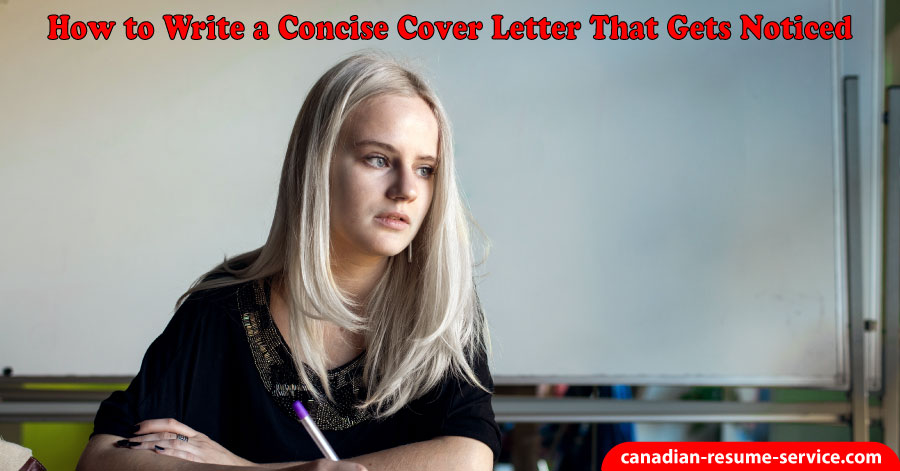Your cover letter or letter of intent is an employer’s first impression of you as a potential candidate for their open position. The style and message of your cover letter are incredibly significant in determining whether an employer will read your resume and call you in for a job interview.
A well-crafted cover letter should highlight your qualifications, demonstrate your enthusiasm for the role, and convey why you are an ideal fit. Tailoring your cover letter to the specific job and company can significantly increase your chances of making a positive impression and securing an interview.
A Cover Letter Has 10-15 Seconds to Grab Attention
Hiring managers may glance at an applicant’s cover letter and resume to decide if the candidate should be brought in for an interview.
Since they see 100+ applications for each open position, they will only scan them to select a few successful candidates. Write a concise letter in an easy-to-read format. Tailor the first cover letter you create to apply to other companies—call it your cover letter template if you like.
Review cover letter templates or examples to get ideas.
Cover Letter Length
A cover letter should be no longer than four or five short paragraphs and no longer than one page.
Many people make the mistake of providing lengthy autobiographies within their cover letters, regurgitating much of the data presented in their resume. Duplicating content is a waste of the writer’s and reader’s time. Include some information that doesn’t appear on your resume, which shows your enthusiasm, passion, and personality.
To avoid creating a lengthy cover letter, succinctly address four key topics:
- Your introduction
- The title of the position you are applying for
- What makes you perfect for the position
- A closing paragraph that states who will call whom
By including no more than these four topics, you’ll avoid boring your audience with a long-winded letter and cover all the necessary information that interests the hiring manager.
If you’re unsure of what you should incorporate in your professional cover letter, below are writing tips to help you:
Be Specific
The first paragraph of your letter should consist of important details:
• Which job are you applying for?
• What is the job reference number? (If you have one.)
• Where did you hear about the vacancy?
What Can You Offer the Company and Your Department?
Researching and finding information about the company will make a difference in many stages of your job search. Explain why your skills and attributes would benefit the company and what kind of contribution you could make.
Keep the information in your correspondence relevant to the position. If the position you are applying to is online advertising, mentioning you used to work as a door-to-door salesperson won’t help your application.
Be Genuine and Let Your Personality Shine Through
Don’t be afraid to stand out by writing a cover letter that will instantly get you noticed by the selection committee. Let them get a glimpse of your personality. Never download a second-hand cover letter template to use. Being genuine will be apparent to the person reading it, and you’ll come across as lazy and unimaginative.
Injecting some personality into your letter of introduction doesn’t mean filling it with irrelevant anecdotes but putting some thought and creativity into your writing. Try to connect with the reader and let your personality shine through.
Need additional help? Reach out to Candace to learn more!

